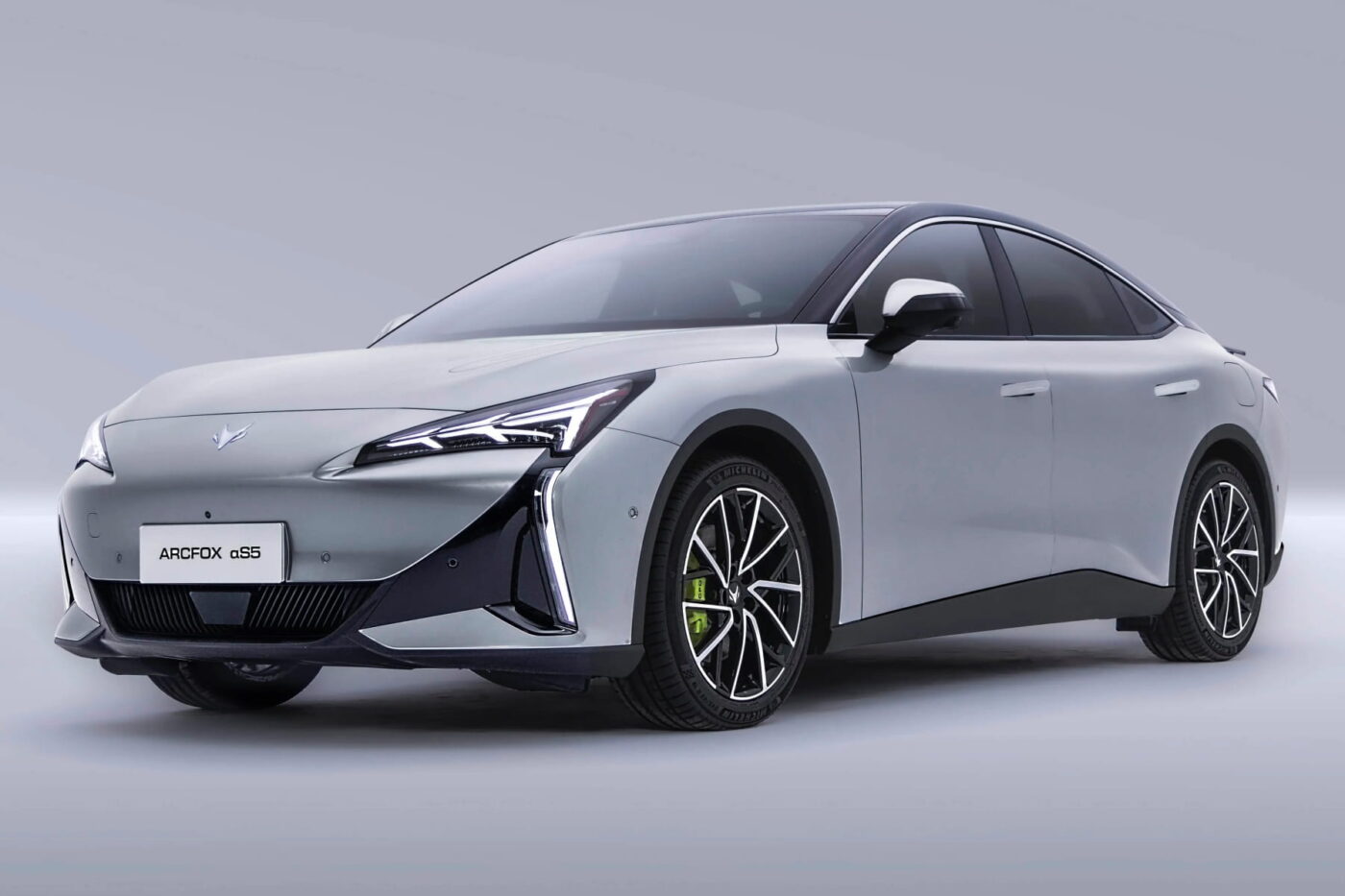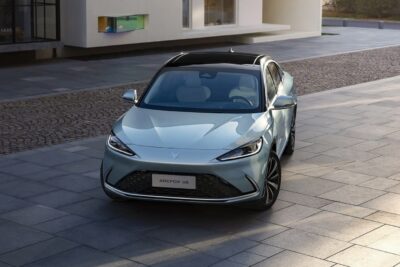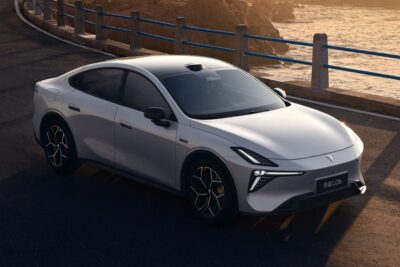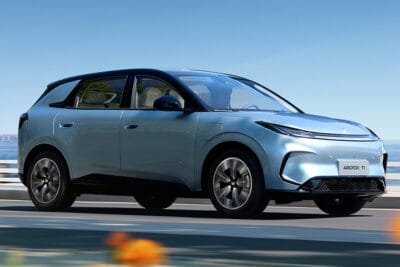BAIC massively reduces capacities of its EV subsidiary BJEV
The move highlights the company’s difficulties, says CN EV Post. BJEV will abandon its three car factories in Beijing, Qingdao in Shandong province, and Cangzhou in Hebei province. However, it will also open a new factory in Beijing.
The decision goes hand in hand with a massive reduction in production capacity. Instead of the previous 320,000 electric cars, BJEV will only be able to produce 120,000 units per year. The move is unusual, as electric vehicles are booming in China. In August, the number of New Energy Vehicles (meaning BEVs, PHEVs and FCEVs) increased by 30 per cent compared to the same month last year.
BAIC BJEV, launched in China in 2013, has apparently lost touch. The company’s sales have gradually declined since 2019, and only 26,000 vehicles were sold in 2021. The situation has since improved again, with sales reaching 92,000 units in 2023. However, in the first half of 2024, it fell again to 28,000 units. That is a far cry from the last available production capacity of 320,000 units per year.
BJEV markets its cars under three brands: Arcfox, Beijing Automotive, and Stelato, with Stelato being a collaboration between BAIC BluePark and Huawei. Incidentally, BJEV’s parent company BAIC is also the alargest shareholder of Mercedes-Benz, holding a stake of 9.98 per cent. Conversely, Mercedes-Benz also has a stake in BAIC. Both partners also build cars together in China.
cnevpost.com, gelonghui.com (in Chinese)





0 Comments